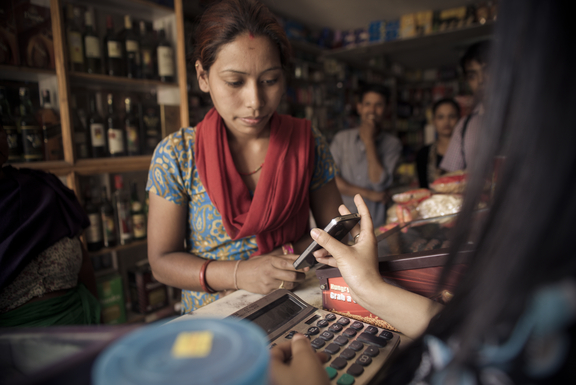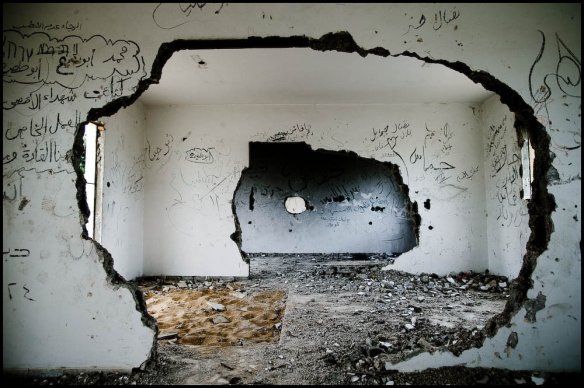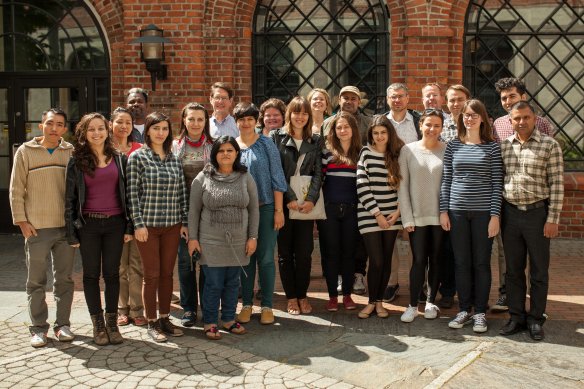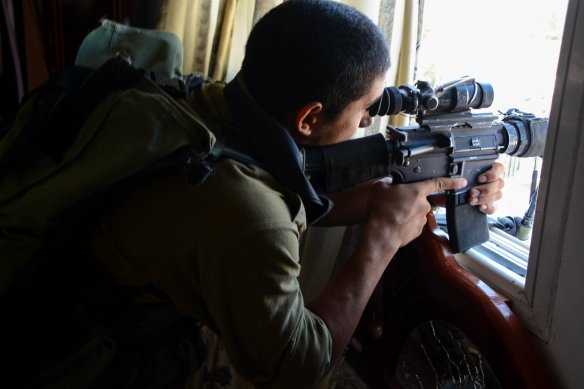With the arrival of August, political expectations in Russia, informed by the long experience of setbacks and disasters, are turning negative. Second thoughts about the “victorious” war with Georgia that erupted six years ago blend with reflections on the centennial anniversary of World War I (Nezavisimaya Gazeta, August 6). At the same time, liberal-minded pundits remind the public about Russia’s 1998 fiscal default, while arguing that in a globalized world the most devastating battles are fought in the financial realm (Novaya Gazeta, August 6). Whereas, the smoke coming from the sunflower fields in eastern Ukraine, where the Moscow-backed separatist war smolders on, turns many minds from virtual to real-life battles as premonitions of a Russian intervention keep recurring. Against these forebodings, President Vladimir Putin gave marching orders last week not to Russian troops but to customs officials, imposing a comprehensive ban on imports of agricultural products from the United States, the European Union, Australia, Canada and Norway (see EDM, August 7; Polit.ru, August 7; Kommersant, August 8).
For the full text, see EDM, August 11, 2014.

Does it look like a Russian “humanitarian convoy”?





